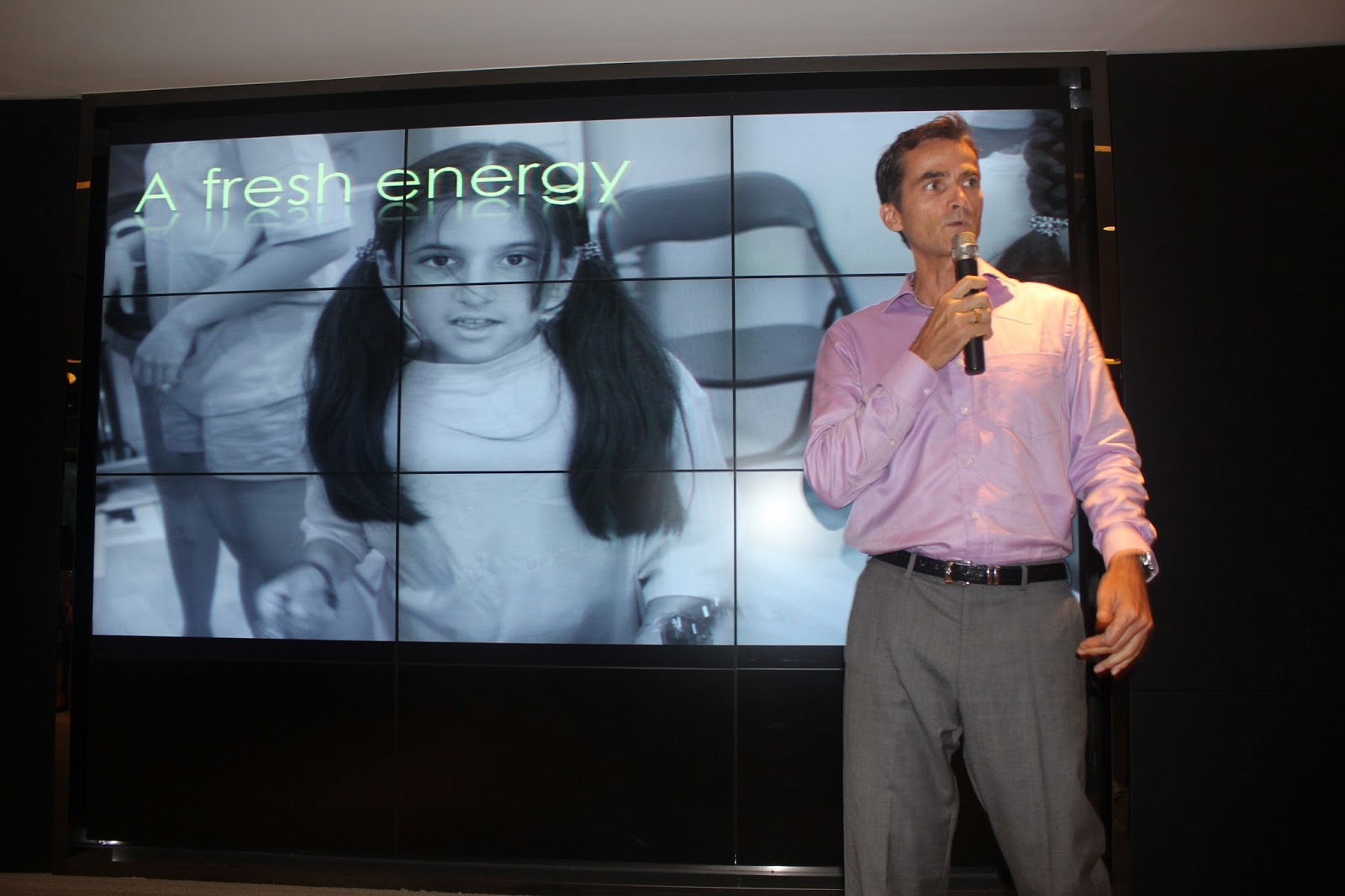Everybody has their own perspective. People express themselves through what
they wear. They post their opinions and feelings on Facebook and Twitter, etc.
They debate views in conversations with each other. The newspapers even have
sections called ‘Opinion’. So much of life is about interactions based on opinions
and perspectives. How often do people really get their head around how to deal
with opinions and perspectives especially as the social networking age really
sets in? We’ve all heard that listening is important, but ultimately we need to
decide, and act, not just debate opinions. This is the fundamental basis of
political systems also. In the workplace, this plays an interesting role, and
it can empower us if we are aware of the role of opinions, and perspectives of
different people.
 As I opened my eyes from a dozy, half-baked sleep as the plane took
off, I found the air hostess had given a packet of peanuts and a drink, which
happened to be a bottle of water if you weren’t awake to choose what you preferred.
With my eyes barely opening, I took the packet of peanuts, and with the little
energy I had in that dozy state, went to tear it open. It was a little stubborn
and wouldn’t tear easily. So I look at the packet closer, saw the dotted line,
and the small tear that had been made by the manufacturers, and with ease I
tore it open. I had tried from various positions, from the other side to tear,
to grab both sides and open from the middle, but with little effect. I recalled
as a child opening boxes which had been bound with a kind of plastic tape that
was industrial and extremely hard wearing. This tape is taken around the box,
and then glued to create the link/seal. I would sometimes spend long trying to
open it, and the meshed tape would simply not be torn. Once discovering the
method, which was to find the part it was glued, and pull it apart in opposite
directions so as to separate from the main bond, it was really very simple. In
either case, so many experiments, speculation on what might work what won’t
work, were ultimately useless until a proper method, of which there may be more
than one i.e. using scissors or finding the correct opening. Often in Asia I’ve
found myself lost in a range of circumstances from not being able to find a
building to not knowing how to get a piece of thought leadership put into the
right marketing format at work, to finding out how to use the scanner. Not
surprisingly, the most effective method was to ask someone who had done it
before.
As I opened my eyes from a dozy, half-baked sleep as the plane took
off, I found the air hostess had given a packet of peanuts and a drink, which
happened to be a bottle of water if you weren’t awake to choose what you preferred.
With my eyes barely opening, I took the packet of peanuts, and with the little
energy I had in that dozy state, went to tear it open. It was a little stubborn
and wouldn’t tear easily. So I look at the packet closer, saw the dotted line,
and the small tear that had been made by the manufacturers, and with ease I
tore it open. I had tried from various positions, from the other side to tear,
to grab both sides and open from the middle, but with little effect. I recalled
as a child opening boxes which had been bound with a kind of plastic tape that
was industrial and extremely hard wearing. This tape is taken around the box,
and then glued to create the link/seal. I would sometimes spend long trying to
open it, and the meshed tape would simply not be torn. Once discovering the
method, which was to find the part it was glued, and pull it apart in opposite
directions so as to separate from the main bond, it was really very simple. In
either case, so many experiments, speculation on what might work what won’t
work, were ultimately useless until a proper method, of which there may be more
than one i.e. using scissors or finding the correct opening. Often in Asia I’ve
found myself lost in a range of circumstances from not being able to find a
building to not knowing how to get a piece of thought leadership put into the
right marketing format at work, to finding out how to use the scanner. Not
surprisingly, the most effective method was to ask someone who had done it
before. 
